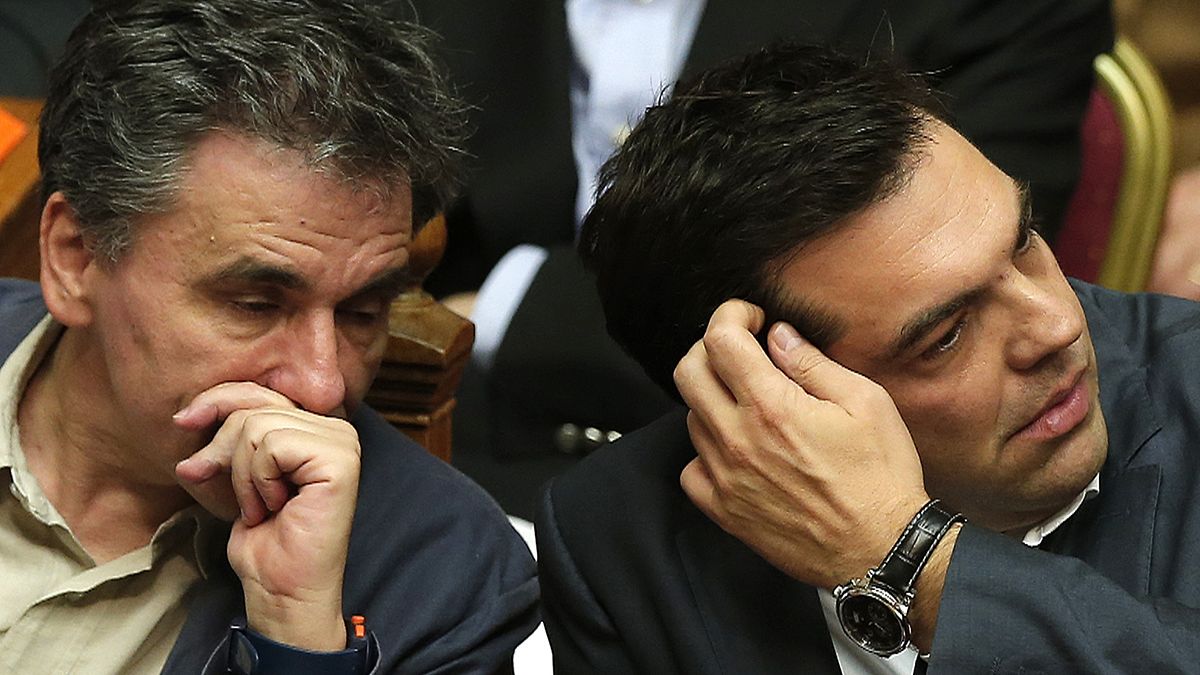The Greek prime minister’s Syriza party has been deeply split after it refused to back a bailout that he accepted to keep the country in the
The Greek prime minister’s Syriza party has been deeply split after it refused to back a bailout that he accepted to keep the country in the eurozone.
Alexis Tsipras, weakened by the revolt,is clinging to power for now.
His defence minister had said the deal is the product of blackmail.
“This ‘blackmail’ that you refer to, do you believe it is real or imagined?,” asked Tsipras. “If you believe it is imagined, then I am open to alternative options, and we can go forward that way. If, however, you believe the blackmail is real, then there is no other option than for all of us to share the burden of this responsibility.”
Among the rebels was former finance minister Yanis Varoufakis who had earlier written a scathing blog about the deal. He later told reporters that he “did not vote against the government.”
Greece is looking for up to 86 billion euros in a third rescue package in return for tougher austerity measures and reforms.
The International Monetary Fund (IMF) is calling for a deep reduction in Greece’s debt, but the biggest contributor to the bailout funds, Germany, says no.
That tough line from Berlin has made some of its European partners uncomfortable.
Tsipras told lawmakers that he had accepted an agreement he did not believe in and which would harm Greece, but the only alternative was a disorderly bankruptcy that would be more catastrophic.
Greece’s energy minister, Panagiotis Lafazanis, had said the choice between a bailout or catastrophe is a choice made in the face of terror.
Lafazanis told reporters: “If at any point my resignation is sought it would be at the disposal of the [prime minister]. “It’s at his disposal, that is clear. It is his right and I respect him and I admire him.”
Given the hurdles facing the agreement, doubts have surfaced about how long it could hold together, with one senior European Union official saying it had a “20-, maybe 30-percent chance of success.”
After its deepest crisis since World War Two, the Greek economy has lost more than a quarter of its output and more than one in four of its workforce is unemployed. It is unclear how it can sustain the burden of one of the most far-reaching austerity programmes ever imposed on a eurozone country.
